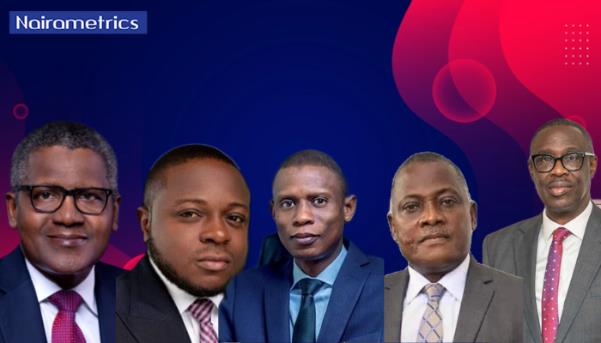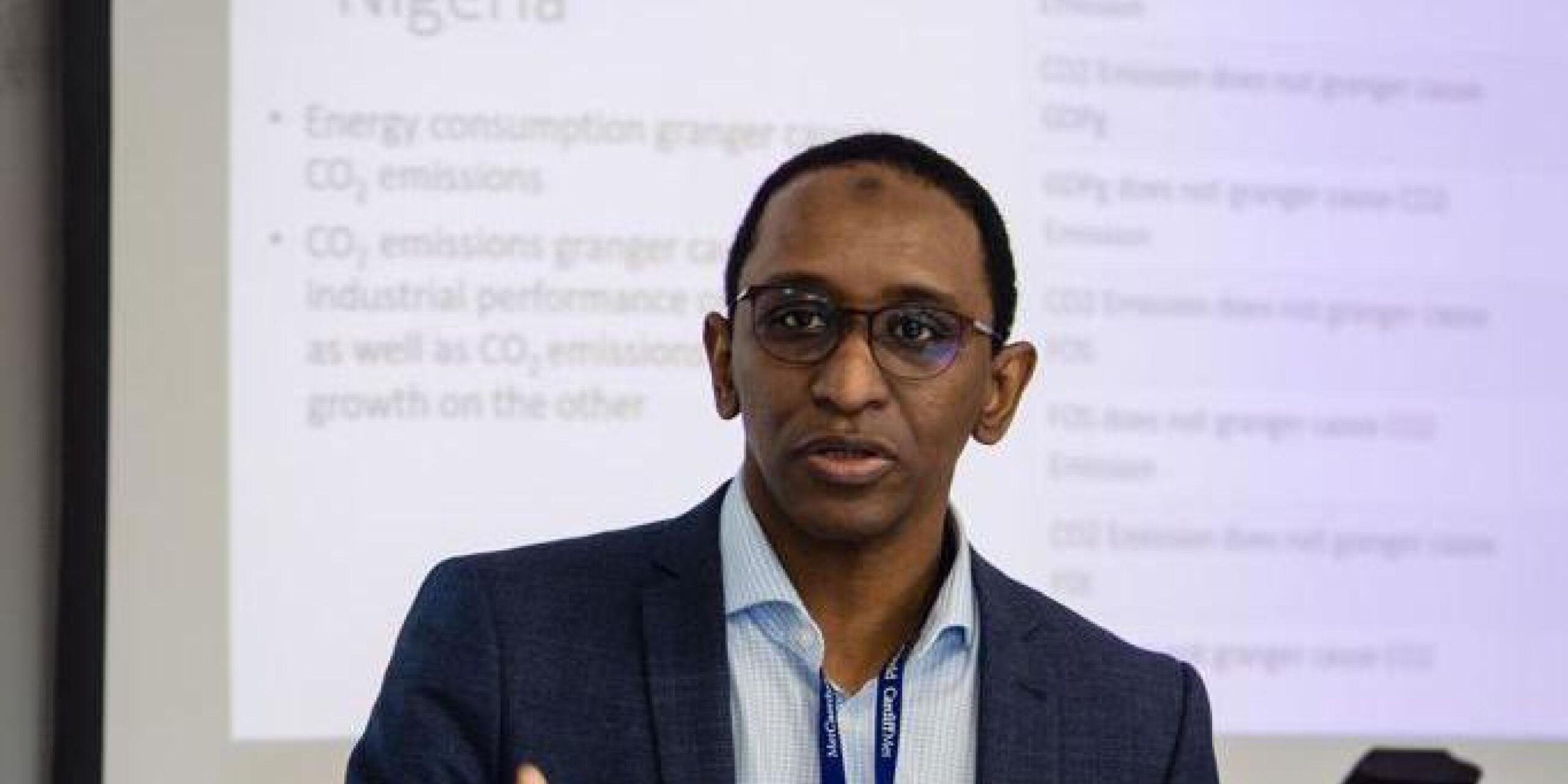[ad_1]
Nigeria’s auto industry stands at a critical juncture, full of untapped potential but grappling with structural imbalances.
Once thriving in the 1960s and 1970s due to strong government backing, the sector’s trajectory was altered by privatization in the 1980s, leading to a steep decline in local vehicle production.
According to the former Minister of Trade, Industry and Investment, Doris Uzoka-Anite, the industry contributes only 0.04% to the country’s GDP, despite having the capacity to contribute up to 25%.
The minister also noted that while only about 10,000 people are currently employed in the sector, the industry could employ up to 300,000 Nigerians if adequately revived.
According to Nairametrics, Nigeria imported N546.79 billion worth of vehicles in 2020, which increased to N695.40 billion in 2021. However, imports declined slightly to N655.69 billion in 2022 before soaring by 124.7% to N1.47 trillion in 2023, fueled by increased demand and inventory buildup by auto dealers.
In 2024, imported cars saw a sharp 14.3% drop to N1.26 trillion, a reversal of the previous year’s boom, reflecting the deepening impact of economic instability on consumer spending.
The gap between vehicle demand and local production is an area of concern. Reports from the International Trade Administration indicate that Nigeria needs about 720,000 vehicles annually, but domestic assemblers can only supply 14,000 units, leaving the country heavily reliant on used imports.
Against this backdrop, a number of companies are making bold moves to restore Nigeria’s automotive legacy.
Here are the key players driving Nigeria’s vehicle assembly industry:

Founder, Innoson Vehicle, Chief Innocent Chukwuma Nwala
Innoson Vehicle is founded and largely owned by Chief Innocent Chukwuma Nwala, a Nigerian business magnate. It’s often touted as Nigeria’s first indigenous automobile manufacturing company.
He began by importing motorcycle parts in the 1980s and expanded into plastics manufacturing before founding IVM in 2007, with vehicle production commencing around 2010. By late 2014, it had produced and rolled out its first locally assembled cars.
The principal headquarters and assembly plant is located in Umudim, Nnewi (No. 95 Owerri Road, P.O. Box 1068, Anambra State). A second plant in Naze‑Owerri, Imo State, for automated vehicle production and CNG/LNG conversions. In collaboration with the University of Nigeria, Nsukka, a third facility for manufacturing agricultural tractors is being developed under the name Lion IVM within UNN’s Lion Science Park.
Innoson Vehicles has been producing vehicles for the Sierra Leone Government. In November 2022, Innoson delivered vehicles valued at $4.7 million USD to Sierra Leone. It has also concluded plans with the Sierra Leone Government to establish an assembly plant in Freetown.
It supplies other African countries such as Sierra Leone, Niger, Congo, Ghana, Mali, Côte d’Ivoire, and Burkina Faso.
The company produces a wide variety of vehicles, including sedans like the Fox and Caris, multi-purpose vehicles such as the G20 Smart and Capa, and sport utility models. The company also assembles pick-up trucks, city and mini buses, as well as special-purpose vehicles including military vans, ambulances, and waste compactors. In 2022, it introduced locally made three-wheelers, and in September 2024, it unveiled its first electric vehicle.
[ad_2]
Source link








